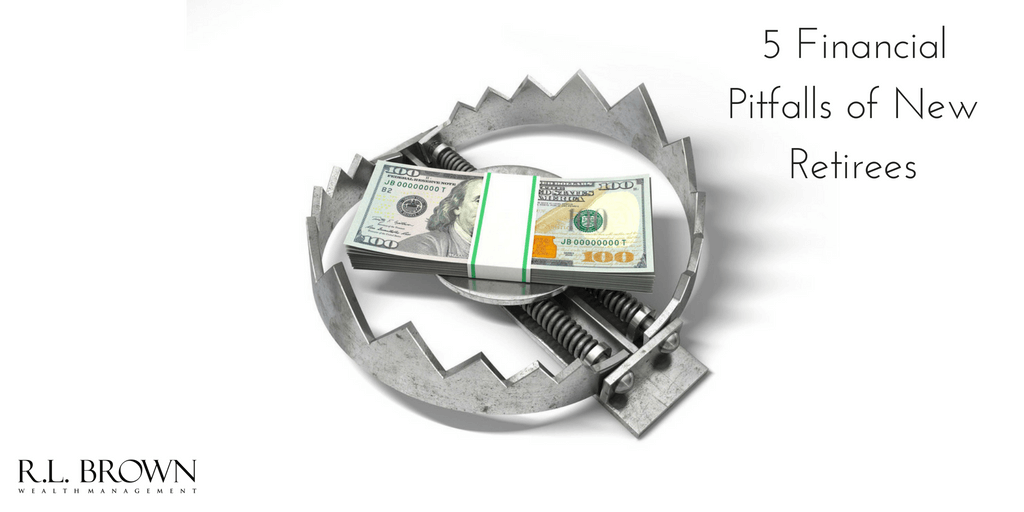Recent research shows many retirees won’t possess the kind of income they were hoping for in retirement.
According to the Social Security Administration, the average benefit paid in 2014 was $1,329 per month, which is less than $16,000 per year. Another recent financial analysis of more than 4 million 401(k) plans revealed the median account balance of those plans for those over 65 was $72,845 in 2014. Based on the 4% withdrawal rule, that’s worth only an additional $2,914 per year in additional income.
While these two forms of income don’t address all the sources of income that every retiree may have, it’s pretty obvious a lot of retirees may be falling short of their financial goals in retirement.
Luckily, there are several ways to continue earning income during retirement so you can still get on track toward the retirement of your dreams. Following are some of the most effective ways to generate some more cash during your golden years:
- Continue investing, but concentrate on dividends for income
Many retirees pull out of stocks completely when they retire due to the risk factor, but this could mean leaving some major money on the table. Investing a portion of your savings in dividend stocks gives you significant growth potential and can increase your income enough to sustain you throughout retirement.
While dividend-paying stocks do carry some risk, it will also increase the amount of income you’re able to generate in spite of the low interest rates the Federal Reserve has imposed on the U.S. economy. Stocks can have dividend yields of anywhere from 2% to 5% or higher, and although the highest-yielding stocks come with extra risk, a financial professional can help you choose good, conservative ones that will still greatly surpass what your bank is currently paying you in interest.
If you don’t like picking your own individual stocks, consider exchange-traded funds (ETFs) that focus on dividend stocks. These funds will expose you to a myriad of different stocks, which will in turn diversify your portfolio and decrease your risk.
- Consider working a little longer
While continuing to work into retirement may not sound very appealing, many retirees actually thrive on having regular responsibilities and a sense of purpose during their golden years. Of course the other major benefit of working in retirement—even if it’s just a few hours a week—is the extra money in your pocket. Consider a part-time job that’s lighter on responsibility than your previous career, perhaps something you always thought about pursuing. Or you might even keep working for your current employer, but as a consultant, or on a part-time basis.
You can also earn money by working on a contract basis for various companies. For example, if you spent a career in the marketing or publishing industry, consider taking on some freelance opportunities that allow you to work your own hours and pay by the project. If you’ve honed a talent such as playing a musical instrument, you could teach lessons out of your home, or if you’re crafty, you could sell handmade items on a site like Etsy.com.
Making just $100 per week extra can boost your annual income by $5,000–enough to make a significant difference in your retirement lifestyle.
- Utilize your home equity
Many retirees don’t even consider the equity they’ve built up in their home as a source of retirement income. But choosing a reverse mortgage, or selling and downsizing are two ways you can use that equity to your advantage.
If you’re age 62 or older and worried about outliving your retirement, a reverse mortgage can help you obtain a loan and tap into your home equity without losing your home in the process. The amount of the loan depends on your home’s value, your age and the prevailing interest rates. If used the correct way, this strategy can significantly reduce the risk of outliving your retirement nest egg. One of the major benefits of a reverse mortgage is you will not be required repay the loan for as long as you live in your home. For more information on this subject, read my blog “3 Ways a Reverse Mortgage Could Work For You.”
The other option to use the equity in your home for income is to sell and downsize. If you’re living in a home that’s larger than you need, you’re likely paying hefty costs to heat, cool and maintain it, as well as significant yearly property taxes. If you want to free up some more cash in retirement, consider downsizing to a smaller, less expensive home or condo in order to lower your expenses and let you access your previous home’s leftover equity.
The Bottom Line: If you fear you may have much less financial support in retirement than you were expecting, don’t fret. By exploring one or more of the above concepts, you may soon find that you have more than enough to fully enjoy your golden years.







